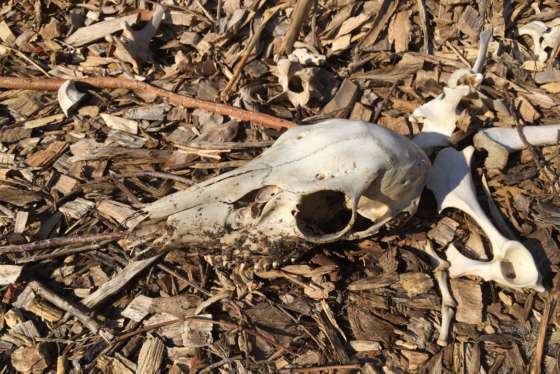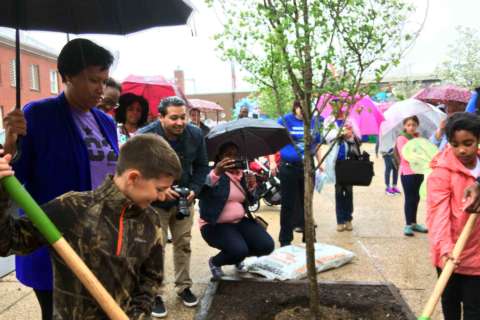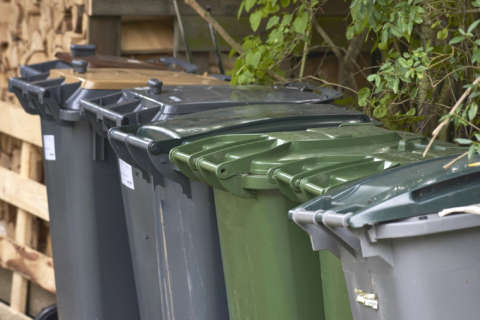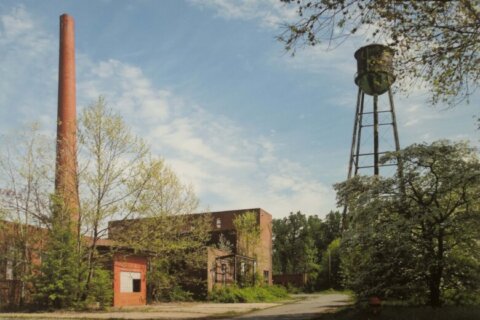WASHINGTON — There’s an odd little trash truck you might see in the D.C. Metro area. It’s yellow and the name on the side is “Fat Worm.”
It belongs to a composting company.
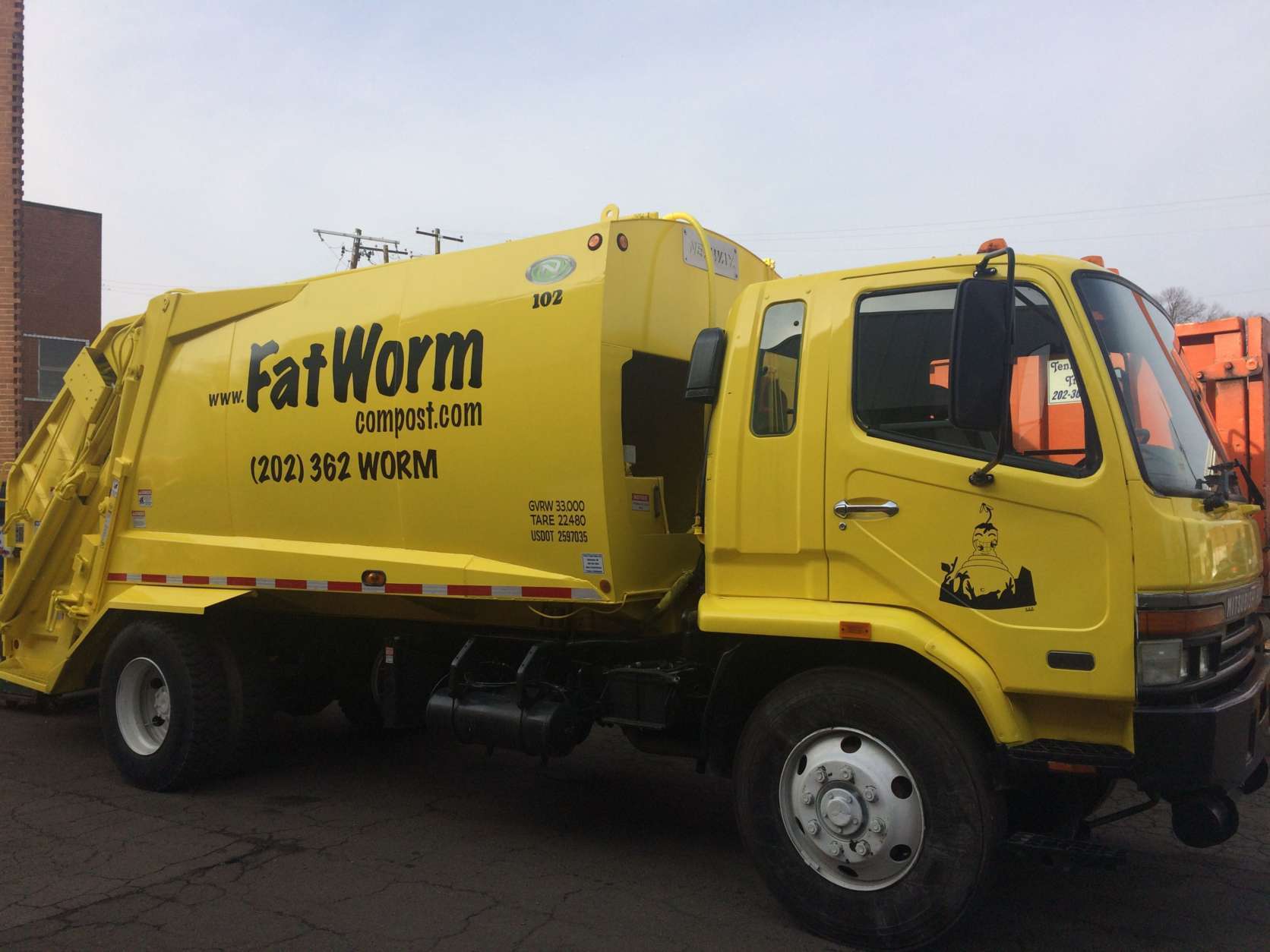
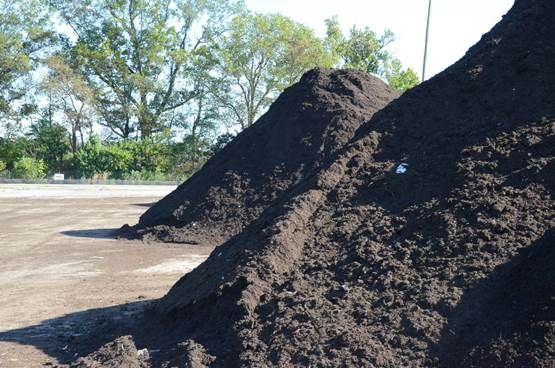
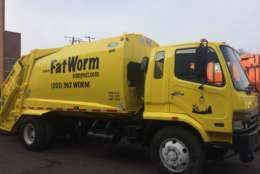
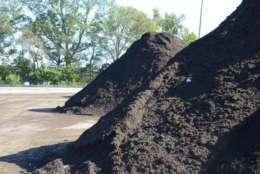
“It’s truly an underground movement that’s becoming more and more mainstream,” Adam Ortiz, Director, Prince George’s County Department of the Environment, said of composting. “It is super interesting actually and people love it.”
From Arlington County in Virginia, to the District of Columbia and Takoma Park in Maryland, area municipalities support composting efforts.
Ortiz said more than 30 percent of what typically ends up in landfills is food, but Prince George’s County is doing its part to change that.
“We’re collecting food scraps from just about every university in the Metropolitan region, a number of businesses including Whole Foods and other grocery stores and also a number of communities,” Ortiz said.
“We compost it, through a pretty cool system, and turn it into a material that we then in turn sell to landscapers and homeowners.”
Fat Worm Compost is a for-profit company that supplies about 80 tons of food waste a month to Prince George’s County.
“We’re just trash haulers basically, but the difference is we only pick up compostable waste — mainly food,” said Fat Worm co-owner Adrienne Edmands.
Fat Worm clients include restaurants, schools, hotels, office buildings, one condo building, area Sweet Green locations and the Smithsonian Institution.
“All the [Smithsonian] museums that compost, compost with us,” Edmands said.
Edmands is pleased to be able to make a living doing something she believes in. “And, also do what we can to contribute to the betterment of the environment,” Edmands said. “It’s win-win. I love it.”

